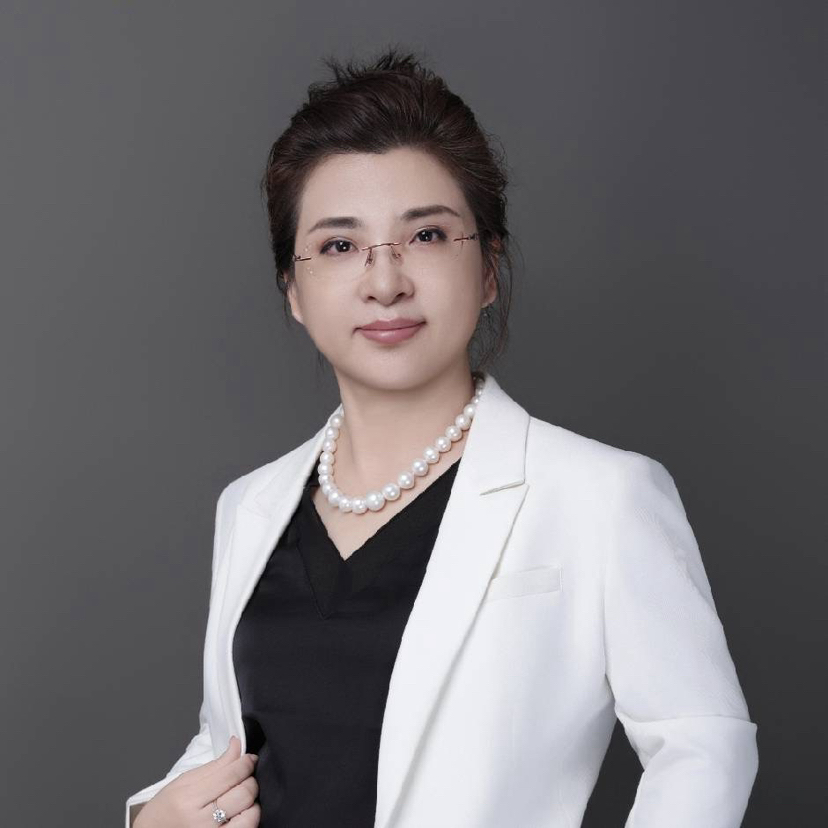-
Sign in register -
Lawyer stationed -
Free legal consultation hotline: 400-64365-60 -
Website navigation -
Regional substation -
Beijing Shanghai Tianjin Chongqing Guangzhou Shenzhen Hefei Fuzhou Haikou Nanjing Chengdu Shenyang Wuhan Taiyuan Kunming Hangzhou Changchun Lhasa Yinchuan Lanzhou Nanning Zhengzhou Nanchang Changsha Guiyang Qingdao Jinan Xi'an Suzhou Wuxi Ningbo Dalian Dongguan Urumqi Hohhot Harbin Shijiazhuang
-
-
home page -
Find a lawyer -
Ask a lawyer -
Lawyer's diagnosis -
legal knowledge -
Lawyer fees 
Scan WeChat and ask lawyers for free 
Scan the law pocket with your mobile phone














